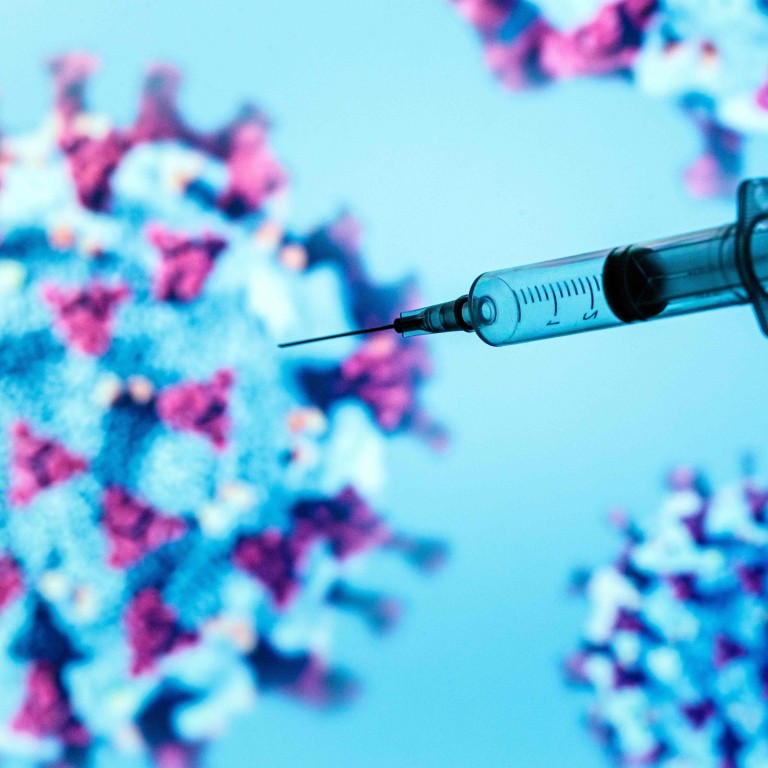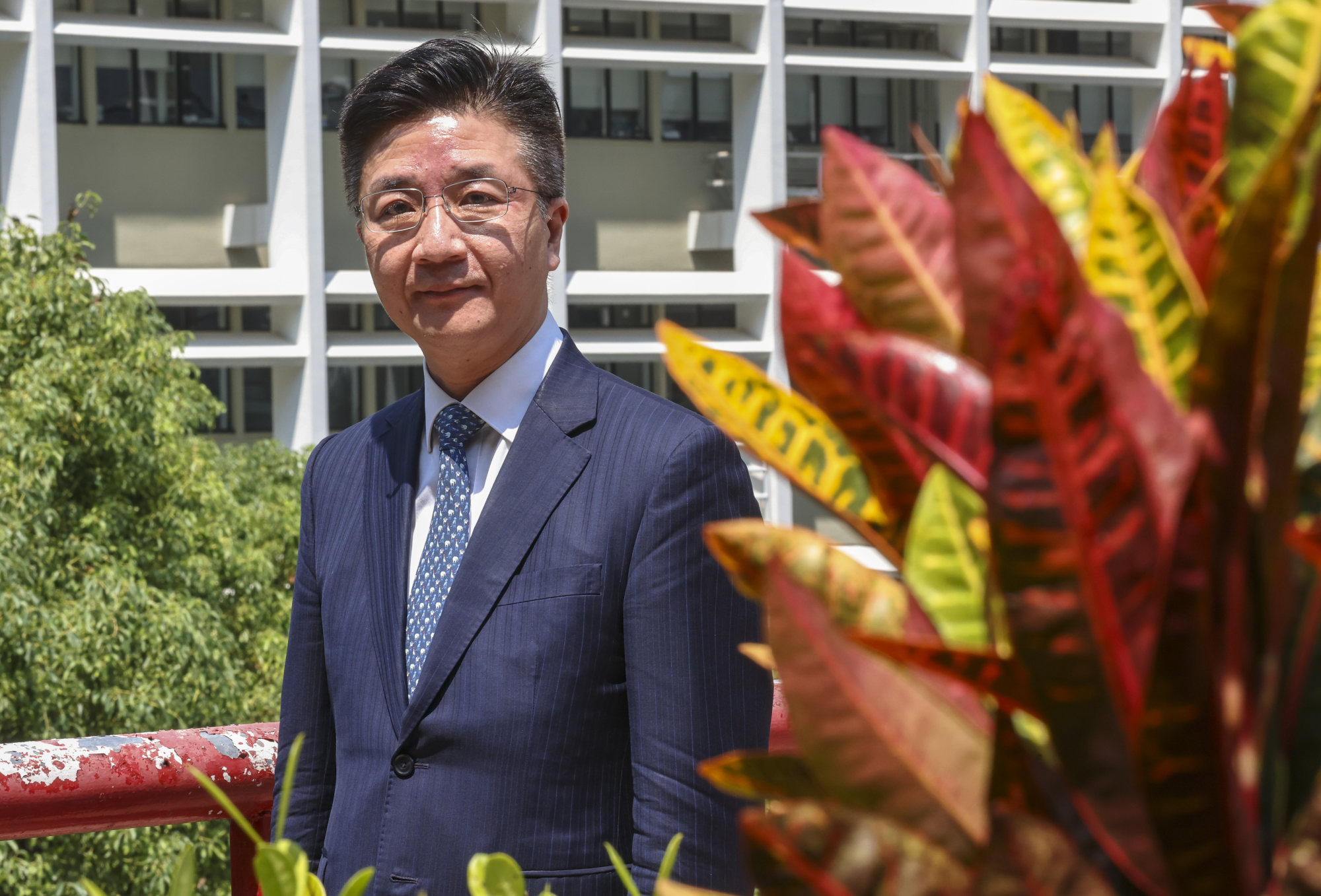
Hong Kong medical experts urge coronavirus vaccinations for young children as early as possible, after death of 20-month-old with Covid-19
- Dr Patrick Ip, a professor at the University of Hong Kong, warns parents against ‘pandemic fatigue’ amid Covid-19 outbreak predicted for next month
- Call comes after 20-month-old boy infected with disease dies earlier in week, although exact cause still to be determined
Young children should receive coronavirus vaccines as early as possible, medical experts said on Saturday following the death earlier in the week of a 20-month-old boy who had tested positive for Covid-19.
Covid-19 vaccination rates for children aged five years or younger were “not ideal”, according to Lau Yu-lung, professor of paediatrics and adolescent medicine at the University of Hong Kong (HKU).
Only 13 per cent of those children have received three doses of a Covid-19 vaccine, while 47 per cent have been given two and 58 per cent one jab.
The rates were lower than those for people aged 80 or above, which stood at 65 per cent, 71 per cent and 73 per cent for the three vaccination levels, Lau said.

“Whether it’s inactivated or mRNA vaccines, children under the age of five will need all three doses to achieve basic protection,” he told a radio programme.
“Data from the past two to three years has shown that the rate of severe illness and death is significantly lower in vaccinated children.”
Lau also urged parents to vaccinate their children against seasonal influenza, with the cause of death of the 20-month-old still unknown.
The Centre for Health Protection said the child had previously been in good health but was unvaccinated against Covid-19. He died on Thursday, just three days after symptoms of fever, cough and a runny nose began to emerge on Tuesday.
Experts recommend Hongkongers receive latest Covid jab targeting XBB strain
The clinical diagnosis was of a Covid-19 infection that had been complicated by a rare type of brain disease that occurs following a viral infection known as acute necrotising encephalopathy, as well as pneumonia, sepsis and shock.
Lau said the boy’s rapid deterioration was not yet fully explained, and warned that conditions could worsen in just a matter of days.
“Viruses such as Covid-19 or seasonal influenza can cause acute necrotising encephalitis. To a certain extent, no one knows which virus was responsible for this yet. It is believed that the way to reduce the risk is through vaccination,” the paediatrician said.
Dr Patrick Ip Pak-keung, also from the HKU’s paediatrics and adolescent medicine department, told the same programme that cases involving severe complications had been detected since last year, including the latest one with the 20-month-old.

“Parents might be less vigilant as a result of pandemic fatigue,” Ip said. “We noticed that more than 80 per cent of children under the age of three who have young parents have not even had two doses of Covid-19 vaccination.”
He said that Hong Kong was expecting a rise in coronavirus cases from November onwards as the weather became cooler, urging parents to vaccinate their children soon as it took about two weeks after receiving a dose to reach full protection.
“I appeal to the public to do what they need to do to protect themselves and their loved ones, and not to overwhelm public hospitals,” Ip added.
The flu season is expected to peak from January to March, potentially overlapping with the predicted rise in Covid-19 cases from November.
Pioneer of mRNA vaccine touts technology’s promise while in Hong Kong for award
Ip said children were less active than they were during the pandemic, further contributing to health risks.
He pointed to an HKU study of more than 100,000 children covering the period before, during and after the pandemic that found over 90 per cent at present were not exercising at levels recommended by the World Health Organization.
The lack of proper exercise caused the obesity rate in children to rise from 25 per cent to 30 per cent, according to the study.
Ip urged parents to encourage their children to work out at moderate to vigorous intensity for 15 minutes a day, have a balanced diet and cut down on time spent using electronic devices.

